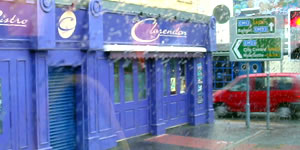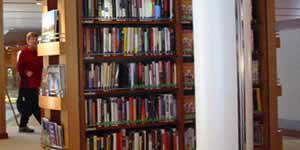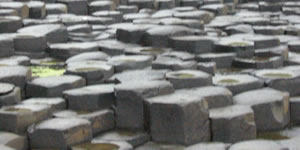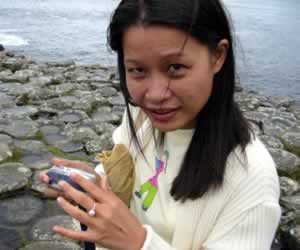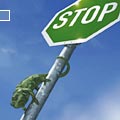Now in Zeldman's A List Apart: my essay on Ten Steps for Writing The Living Web. It's an approach to thinking about better weblogs. The reception for this article has been overwhelming: generous, sympathetic, and engaging. Some folks thought the piece was too long, or that the writing was less tight than it might have been. My suggestion that people avoid worrying about correctness was unexpectedly controversial. A sampling of other links:
Mark focuses on the dynamic nature of weblogs (or, better yet, of any site that represents frequent personal input and guidance), and gives ten good rules that aim to help writers both understand that dynamism and shape their creative energies accordingly. It's the kind of essay that I'll bookmark and send along to anyone who asks me about weblogs; it may be the best example yet of capturing the reasons why weblogs have become such a success. -- Q Daily News
Some of Bernstein's tips are old hat, but I found a few of the tips to be illuminating - in particular: tip # 5, "Make Good Enemies", and tip # 8, "Be Sexy". That's what the edublogging community needs - more enemies and more sex! -- AlterEgo
Mark Bernstein remains, even amongst Webheads, a relatively unknown person and that is shame. Those that recognize it generally do so because of his work with Eastgate. But he is also one of the few people who have been seriously advocating hypertext -- which, ironically enough, seems to be a dying artform on the Web.... His ten tips are simple, but all have well-articulated reasons that any writer should take to heart. -- saila.com
The most authoritative instructional guide to blogging that I have read -- erin
Truly a wonderful piece of writing. -- Andrew Synowiez
This article inspired me to renew the weblog I'd abandoned earlier this year. -- J.E. Warren
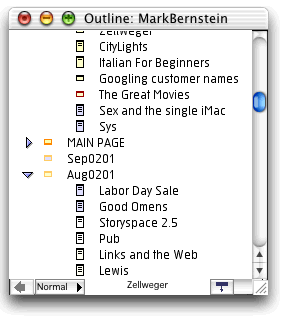
 A
A 